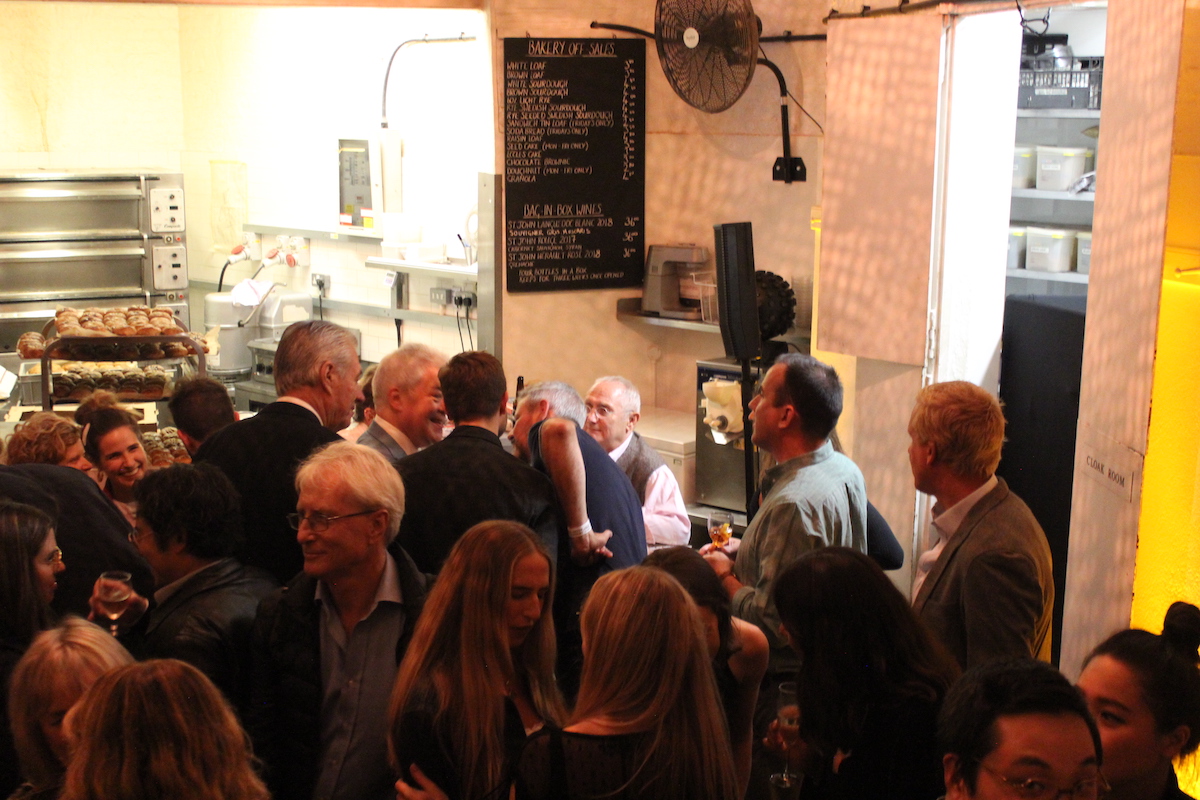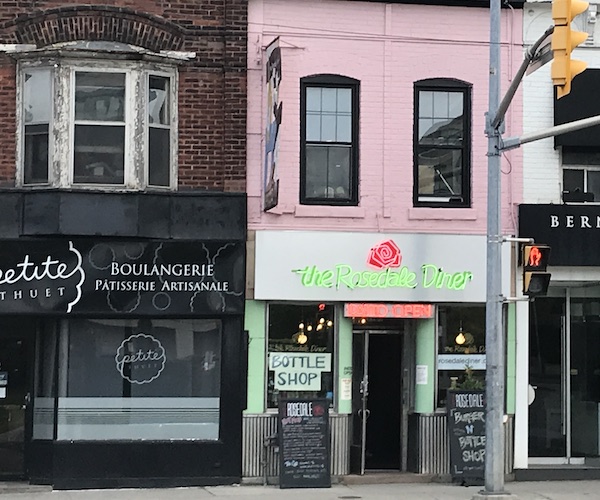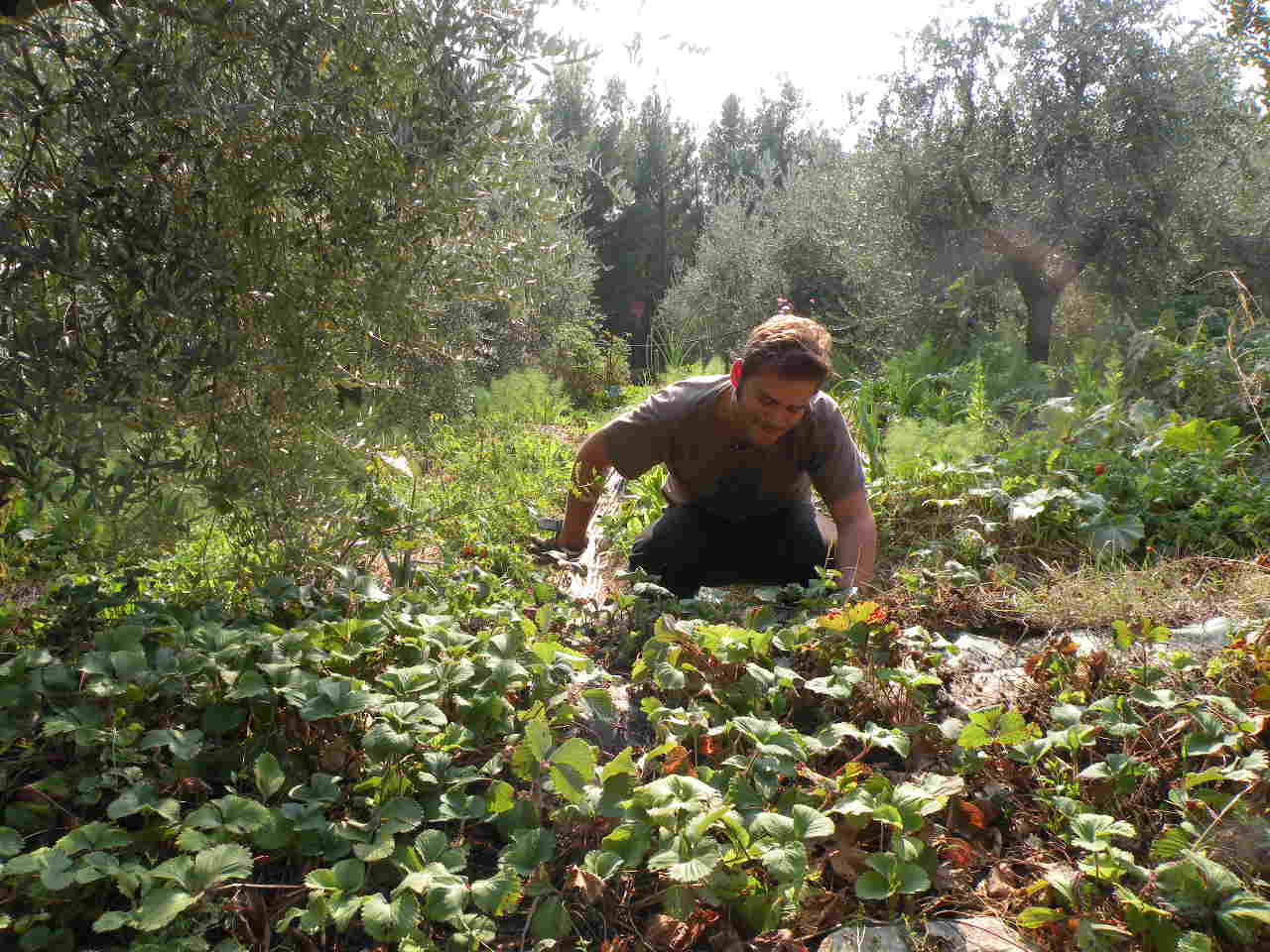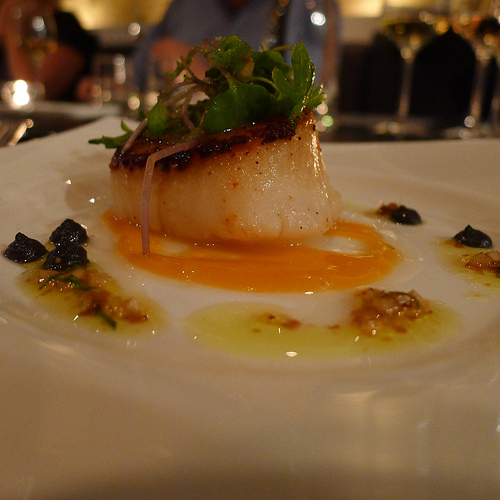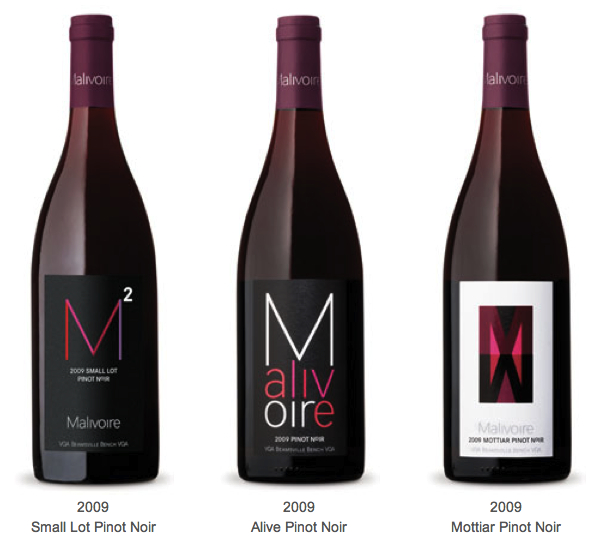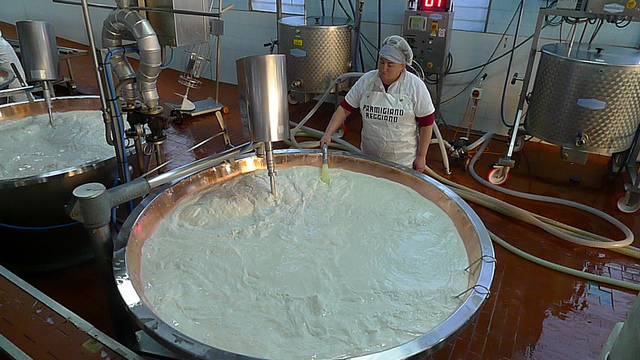Malcolm Jolley thinks these three factors will affect the rebuilding of the restaurant scene…
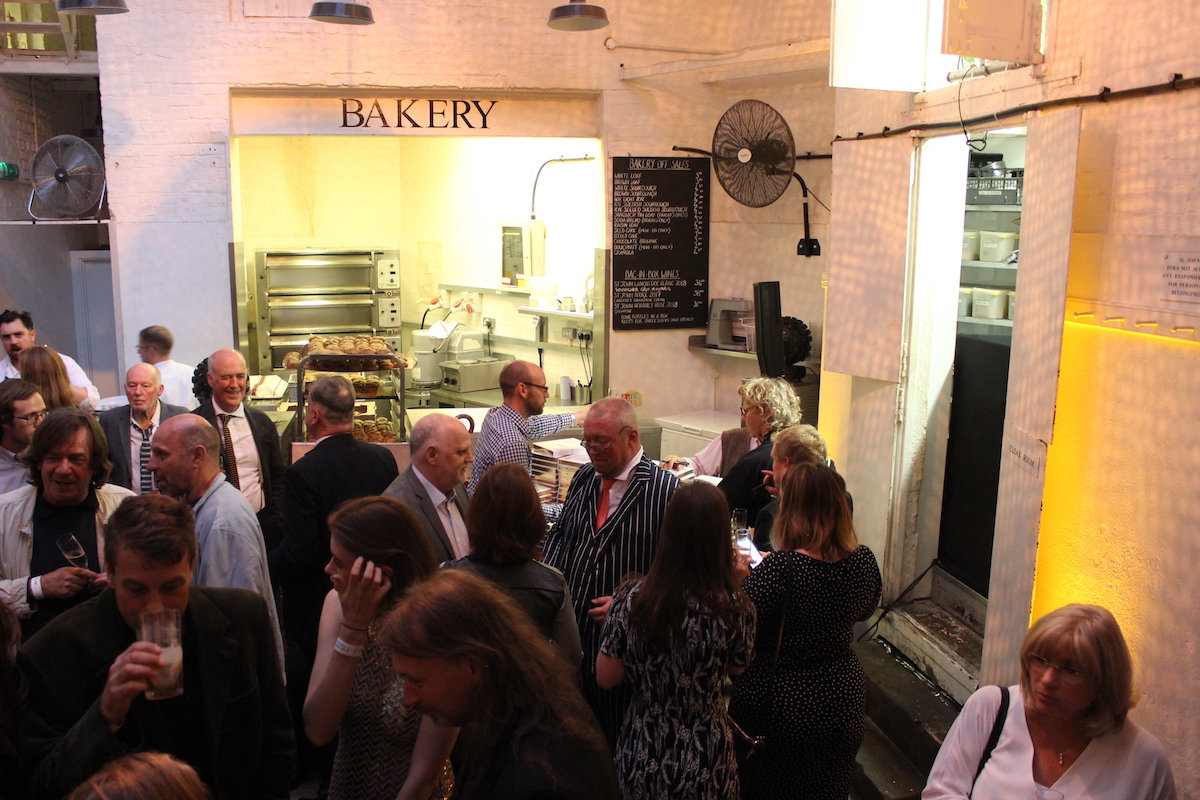
The good old days: a very crowded bar at the St. John 25th anniversary party and book signing, September 2019.
This week we began in Toronto to hear tantalizing whispers of opening up. Mayor John Tory announced new, looser, rules for restaurant patio seating. And Premier Doug Ford suggested he may have an announcement about ‘Phase Two’ of our retreat from isolation. How exactly restaurants will work in any of the phases to come remains to be seen. The week before Jamie and Associate Professor Bruce McAdams of the University of Guelph’s School Of Hospitality, Food, And Tourism Management discussed the challenges facing restaurants that choose to re-open will face as things ease up in this interview. Keeping all of this mind, I have been thinking about how the COVID-19 crisis will affect fine dining or ‘good food’ scene here and beyond. I have no idea exactly how it will all play out, but I think I’ve identified three trends that have emerged over these weeks of isolation and I believe will shape the world to come.
1. Better Customers
There are two undeniable facts about those of us who are interested in fine dining and good food. One, we’re desperate to sit down in a restaurant and be served once more. Two, we’re all cooking a lot more than we used to, even if we cooked a lot to begin with. On the one hand, this is bound to make us pickier about what put in front of us. On the other hand, we ought to be that much more appreciative of good ingredients and good cooking. If you have kept a sourdough starter alive since April 1st, then I imagine that being served a few slices of industrially baked baguette won’t do, but being charged for house made bread and butter will. A better educated customer base will be more demanding on quality and craft but also more forgiving on time and cost.
2. More Efficient Restaurant-Shops
Bruce McAdam pointed out to Jamie that those small independent restaurants that have stayed open have mostly been operated by their proprietors or a skeleton staff. Bruce imagined a lot of them would be impressed by the efficiencies they found in this more with less model and would be reluctant to hire back to the staff levels they had before COVID-19. This is not great news for hospitality industry employment, but might be a good thing for a trade that has always been plagued by high overhead and low margins of profit (when there is profit). Would a leaner and meaner restaurant industry be more economically sustainable? It might be more flexible, as the transformation of many restaurants to delis and bottle shops has shown. Even big players, like Nick Di Donato’s Liberty Entertainment Group have gotten creative, with the launch of their bottle delivery service, Liberty Spirit. Which leads to the last and best news trend…
3. Off License Sales and Bottle Shops
The fine wine trade and the fine dining trade are inextricably linked. As Gurvinder Bhatia explained to me in this interview, this has been a critical time for small independent wineries who sell most of their wine through restaurants. Bigger wine concerns sell most of their product through supermarkets or government monopoly retailers like the LCBO. As far as going to a fine dining restaurant is a special occasion, the independent wineries make special occasion wines that are more expensive to produce and cost more. Until the crisis, the only way to access these wines in Ontario, outside of a restaurant, was to buy a whole case from an agent. It’s fine for a restaurant to buy wine by the case: at best it’s an investment in future profit and at worst it’s a write-off, but it’s hardly ideal for consumers who want to try different things. With the relaxing of the rules and easing of regulation that’s come with the crisis restaurants have quickly rebranded themselves as ‘bottle shops’. I suspect this practice will stay with us. I remember being on holiday in France 15 years ago and enjoying the wine at lunch. When I told the waiter I thought the rosé was particularly good he asked if I wanted to buy a couple bottles to take home. At first I thought he was conspiring with me to commit a crime and then quickly realized that this was a perfectly normal practice in a civilized country that didn’t freak out over the sale of wine, and maybe even encouraged it. I can’t help but think there are a lot of people patronizing the bottle shops who enjoy buying a premium bottle of wine or two now and again from their local and will be very unhappy if this right is taken away.
